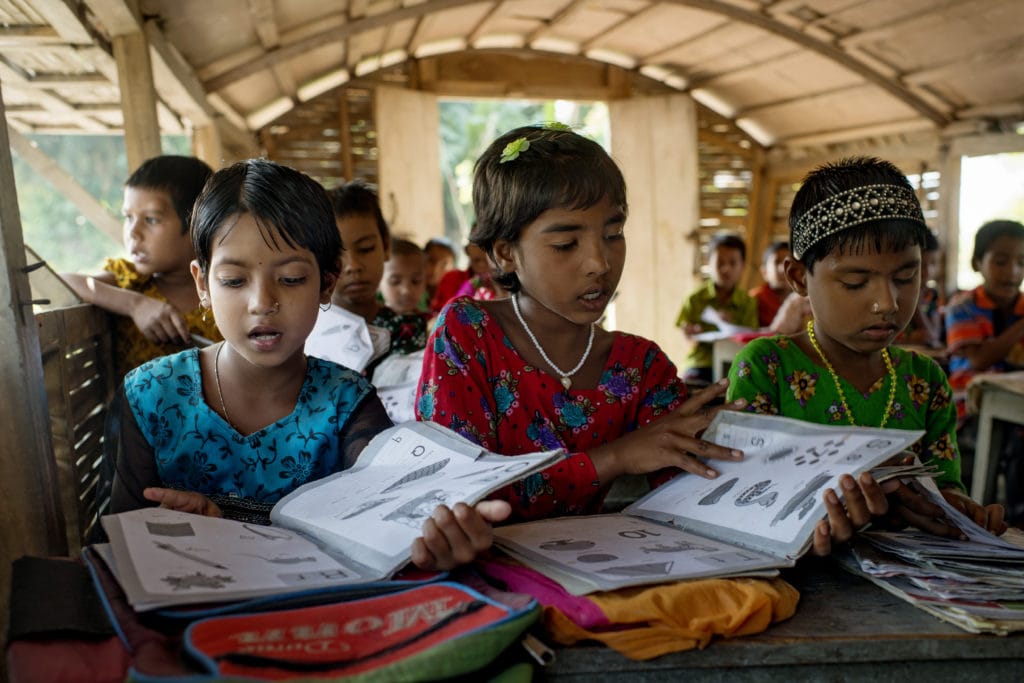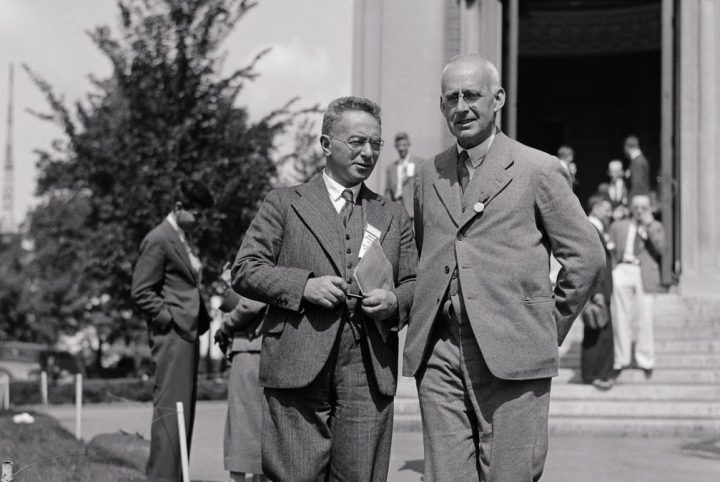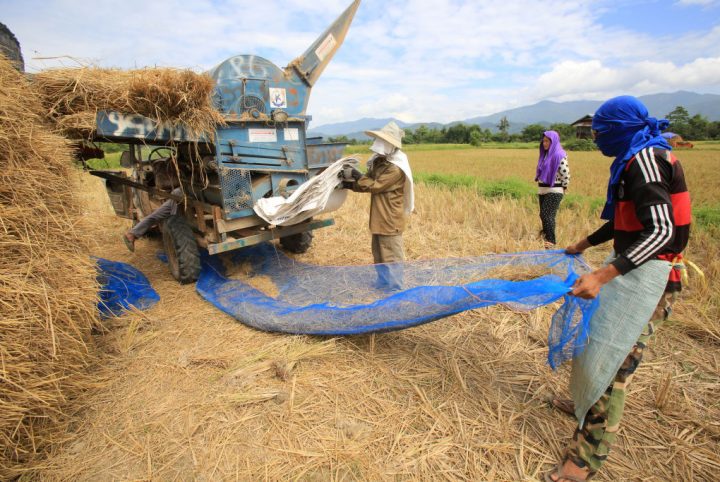
Volunteer tutors in Bangladesh helped to keep young children and their families connected and on target with their education during the COVID-19 pandemic.
Children around the world have suffered educational gaps due to COVID19; but in developing countries, the educational effects of the pandemic have come on top of other monumental challenges, such as war, political unrest and natural disasters.
These have profound implications for children’s education, often creating significant barriers to learning for some time afterwards.
Examples of such tragic events and their impact on children’s education abound.
In Syria, about 2.5 million children have been out of schools since the conflict began in 2011 and 40 per cent of schools have been severely damaged due to war.
In West Africa, the Ebola outbreak disrupted the schooling of about 5 million children for nine consecutive months, according to a 2015 World Bank report.
But according to UNESCO, the largest education crises occurred during the COVID-19 pandemic when 1.5 billion students worldwide were affected by partial or full school closures. As of March 2021, nearly half of the students worldwide continued to be affected by school closures and about 65 per cent of low-income countries have announced cutting their education budgets
Because of prolonged school closures during the pandemic, many countries adopted online education and home-schooling measures to help address their educational challenges.
A new study from Monash Business School shows how over-the-phone mentoring and home-schooling to support children in these difficult times can help with their learning.
Using a randomised controlled experiment in 200 Bangladeshi villages, they had volunteer tutors deliver home-schooling support to primary school children during school closures caused by the coronavirus pandemic.
Help for student and their parents
“As many children in developing countries are first-generation learners, their parents usually do not have the ability, confidence, or skills to support their learning at home,” Professor Asad Islam says.
“Accordingly, the pandemic has disproportionately worsened the learning of these children and led to calls for better ways to improve educators’ engagement with these children and their parents.”
The telementoring program improved the learning outcomes of children by 35 per in the treatment group children compared to their counterparts in the control group. The program also increased home-schooling involvement of treated mothers by 26 per cent.
“The impacts on learning are driven primarily by the direct mentoring of children and to some extent also by the increased home-schooling involvement of mothers,” Professor Islam says.
Academically weaker children and households from lower socioeconomic backgrounds benefitted the most from telementoring.
Telemonitoring intervention
The researchers found volunteer mentors to provide primary school children and their mothers in rural Bangladesh with mentoring services using mobile phones to help with the learning of children at home.
Partnering with the Global Development and Research Initiative (GDRI), a research-focused NGO operating in the Southwestern part of Bangladesh the researchers set about developing a telephone mentoring (or telementoring) program in rural Bangladesh using a randomised controlled trial.
They recruited student volunteers from various local universities as mentors to provide learning support to primary school-age children and home-schooling advice to their mothers every week for 13 consecutive weeks.
“During the intervention period, each mentor called the mother at least once a week at a pre-determined time and day to provide support to the child on home-schooling over the phone,” Professor Islam says.
“Children were provided with textbook solutions ‘on-demand’, guiding the mother in setting weekly goals (such as weekly time involvement and curriculum target), and home-schooling assistance for both the child and the mother (such as learning plans, solution keys, and answering any questions they have).”
Recruitment of volunteer mentors
Professor Islam and co-author Assistant Professor Hashibul Hassan (Jagannath University, Bangladesh) conducted the training and seminars.
Mentors were given mentoring guidelines, which were adapted from the guidelines of the Government Teacher’s Training College – the main public college in teacher training in Bangladesh.
“We kept the training sessions short because most of the prospective mentors had prior tutoring experience,” Professor Islam says.
“It is common in Bangladesh for university students to have private tutoring experience.”
Intervention improved learning outcomes
Professor Islam explains that the intervention increased the treated children’s learning outcomes and home-schooling support provided by the mothers, while also improving their parenting style and aspirations about their children’s education.
“Our causal mediation analysis shows that the effects of the intervention on the learning outcomes of the children are primarily driven by the direct effects of the mentors on the children,” Professor Islam says.
“The indirect effects channel through parental involvement is around 12.6 to 14.1 per cent, which is sizeable in absolute terms.”
They also found that non-coercive interaction with children and parental aspirations about the academic attainment of children is as important as time involvements in home-schooling for improving the learning outcomes of children.
Policy recommendations
Although widespread school closures and learning disruptions are unique to the COVID-19 pandemic, school closures and learning disruptions due to political unrests, teacher strikes, and natural disasters have always been a major source of learning deficits and losses, especially for children living in developing countries.
Therefore, the researchers believe this study has both immediate and long-term policy implications.
“Globally, a significant number of children are kept out of school due to the COVID- 19 pandemic. Given the high penetration of mobile phones, our low-tech, low-cost intervention that utilises educated volunteers as mentors can potentially provide a scalable and effective solution,” Professor Islam says.
“This type of intervention can also be utilised in non-pandemic contexts to address learning deficits experienced by children in developing countries.”


